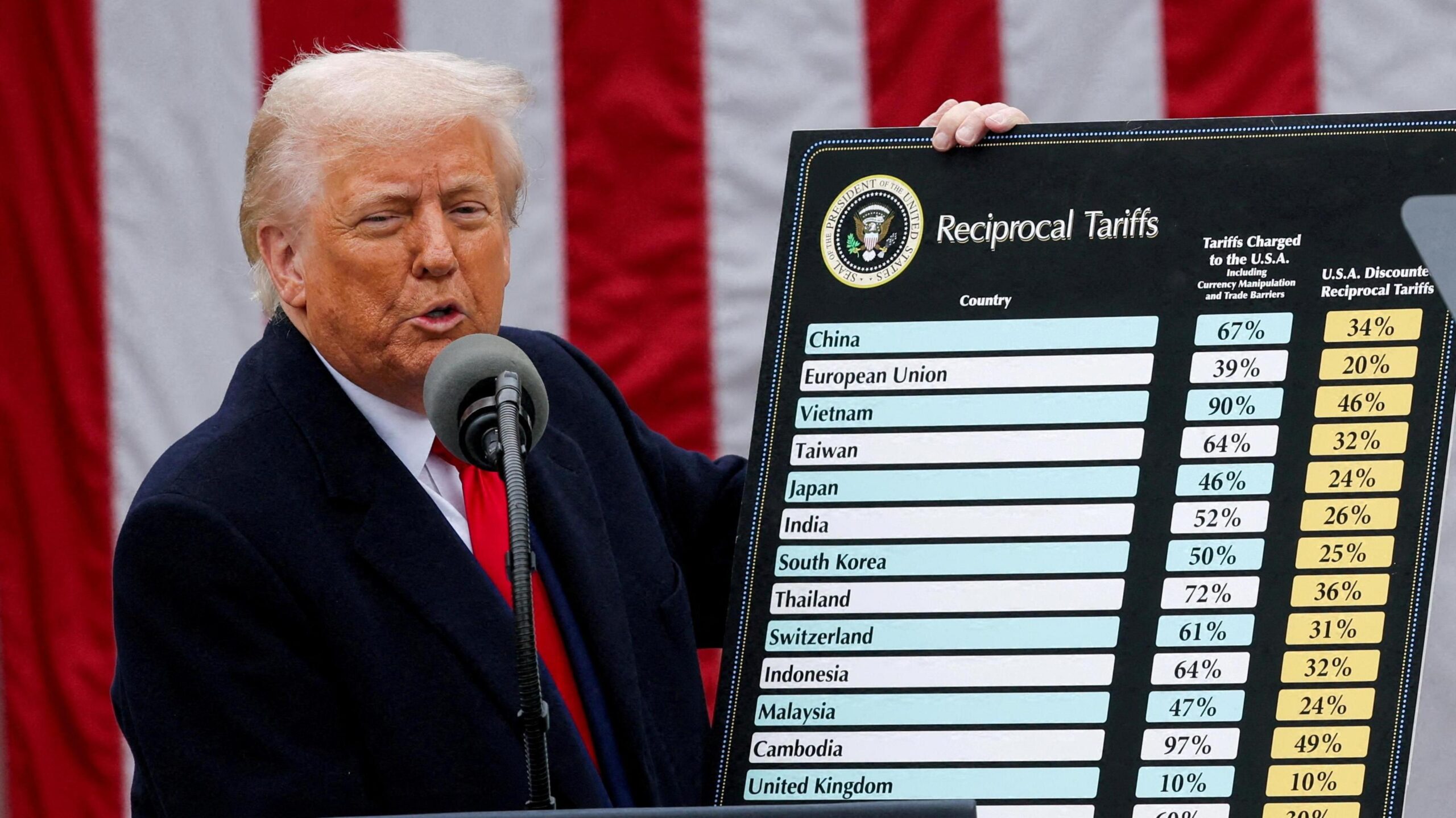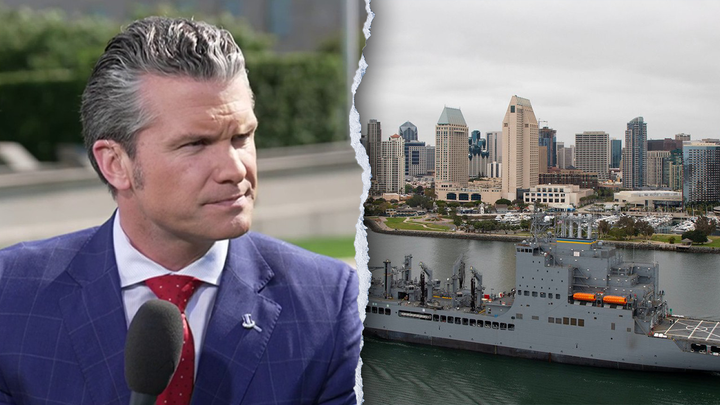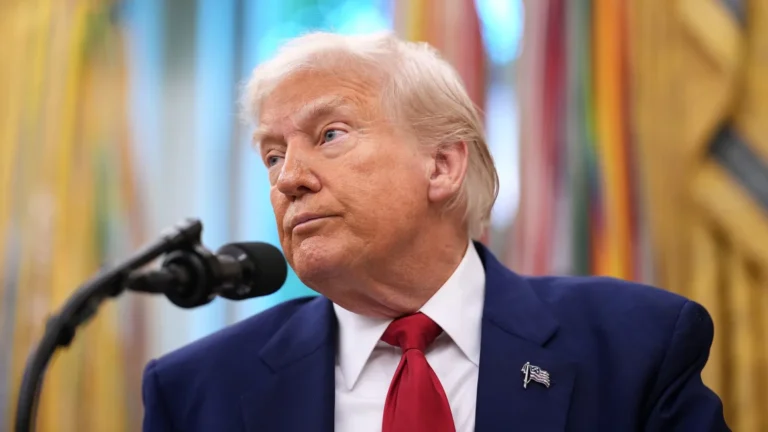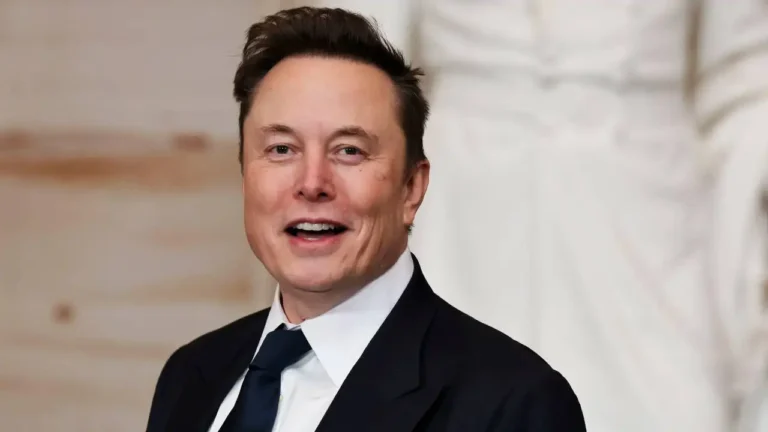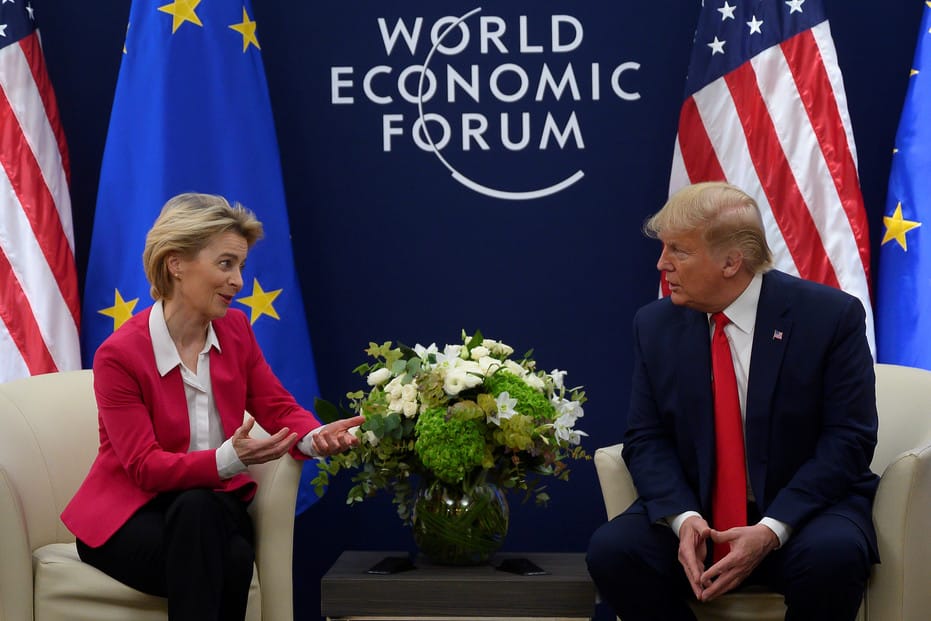
Europe Signals Willingness to Scrap Tariffs in Major Shift Toward U.S. Trade Talks
In a significant development that could reshape global trade dynamics, the European Union has officially announced its readiness to negotiate with the United States, offering to completely eliminate tariffs on industrial goods. This move comes in response to a wave of new U.S. trade measures, and signals that Europe is not only prepared to engage but also to lead diplomatically on the world stage.
Speaking at a press conference in Brussels earlier today, European Commission President Ursula von der Leyen stated that the EU is open to reaching a comprehensive trade agreement with the U.S., despite escalating tensions over tariffs. “These tariffs come first and foremost at an immense cost for U.S. consumers and businesses,” von der Leyen said. “But at the same time, they have a massive impact on the global economy.”
Her comments follow U.S. President Donald Trump’s decision to impose significant tariffs on imports from multiple countries, including EU members. This has prompted fears of a trade war, destabilizing financial markets and affecting global supply chains.
A Turning Point in Transatlantic Trade Relations
President Trump’s announcement last week outlined a 20% reciprocal tariff on EU exports to the United States, setting off alarm bells among global business leaders and policymakers. The EU, which has long been a major trading partner of the U.S., views the move as a threat not only to its own economy but also to global economic stability.
Von der Leyen described the situation as a “major turning point” for U.S. foreign trade policy. Despite this, she emphasized that Europe remains committed to a diplomatic resolution. “We stand ready to negotiate with the United States. Indeed, we have offered zero-for-zero tariffs for industrial goods, as we have successfully done with many other partners,” she explained. “Europe is always ready for a good deal.”
Read more about EU-U.S. trade relations on the European Commission’s official site.
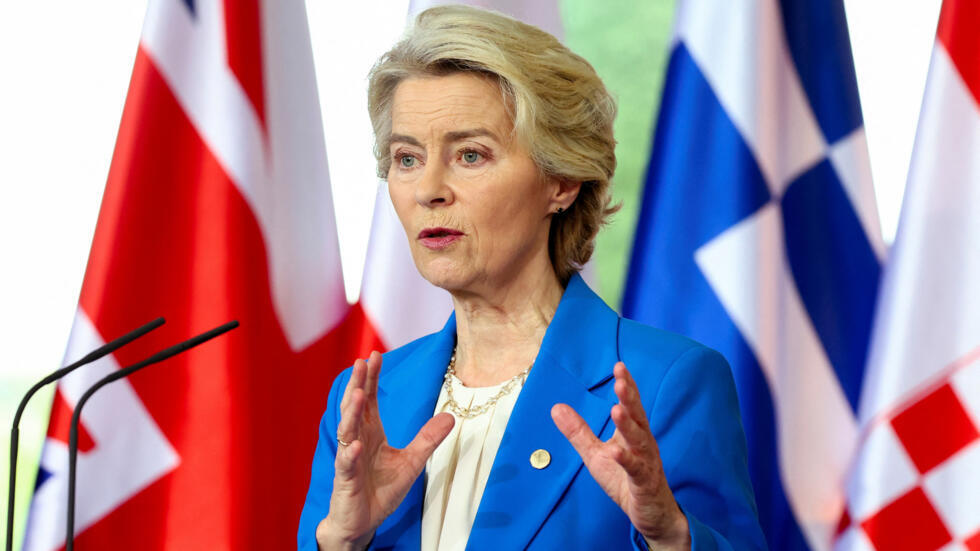
Strategic Flexibility: Carrot and Stick Approach
While the European Union is extending an olive branch, it is also preparing for potential retaliation. Von der Leyen made it clear that while a “negotiated settlement” is preferred, Europe is not without leverage. “We are preparing a potential list of U.S. imports for retaliation,” she warned.
This two-pronged strategy reflects the EU’s balancing act — seeking collaboration while signaling strength. The Union has employed similar tactics in past trade conflicts, using economic clout and legal mechanisms through the World Trade Organization (WTO) to resolve disputes.
Learn more about EU trade enforcement at the WTO’s dispute settlement page.
Pivot to Global Partnerships
Perhaps the most telling aspect of von der Leyen’s speech was her emphasis on diversification. Even as it seeks to de-escalate tensions with the U.S., Europe is expanding its global footprint. “We will focus like a laser beam on the 83% of global trade that is beyond the United States — vast opportunities,” she said.
She highlighted existing trade agreements with Mexico and Switzerland, and discussed ongoing negotiations with India, Indonesia, and countries across the Indo-Pacific region. These deals underscore a broader EU strategy: reduce dependency on any single market and invest in diversified, resilient economic relationships.
More about the EU’s external trade policy is available at the European Commission Trade website.
Industrial Goods: The Core of the Proposal
At the heart of the EU’s proposal is the idea of eliminating all tariffs on industrial goods, which account for a substantial portion of transatlantic trade. By doing so, both regions could stimulate growth, lower prices for consumers, and reinforce supply chain resilience.
The zero-for-zero tariff offer mirrors successful agreements the EU has previously forged with countries like Canada (under the CETA agreement). Analysts believe such a deal with the U.S. could boost competitiveness and innovation on both sides of the Atlantic.
However, the outcome will depend on whether the U.S. government, under Trump’s administration, is willing to embrace multilateralism or continue on a path of economic nationalism.
Market Reaction and Economic Implications
Global markets have reacted with cautious optimism. Stock indices across Europe recovered slightly after von der Leyen’s announcement, with investors hoping the EU’s diplomatic overture will help avoid a full-blown trade war.
Economists point out that a mutually beneficial agreement could help stabilize trade flows at a time when geopolitical tensions and post-pandemic disruptions have already placed severe pressure on global commerce.
“The EU’s willingness to engage is a positive sign,” said Dr. Martina Keller, a trade analyst at the Centre for European Policy Studies (CEPS). “But the negotiations won’t be easy. Both sides need to come to the table in good faith.”
Tonight’s developments mark a critical moment in international trade diplomacy. By offering to eliminate tariffs on industrial goods, Europe is signaling not only flexibility but leadership in shaping a fairer global economic order. While uncertainties remain, especially with a potential retaliation list in play, the EU’s readiness to negotiate sends a strong message: it is prepared to defend its interests while seeking constructive solutions.
As tensions evolve, the world will be watching closely. Will the U.S. reciprocate? Or will Europe have to pursue its global trade ambitions without the cooperation of its longtime ally?

